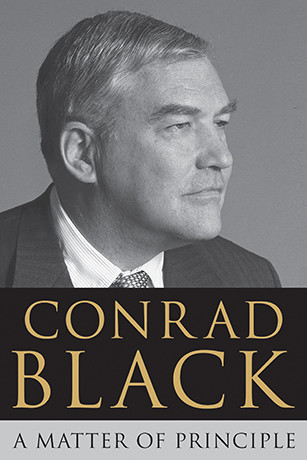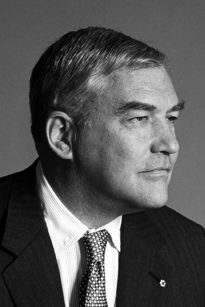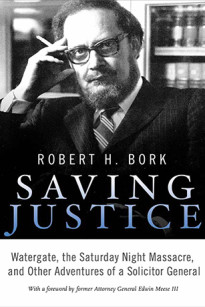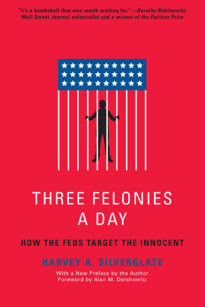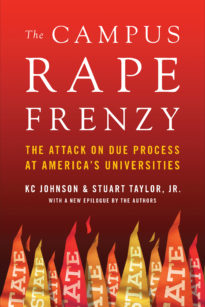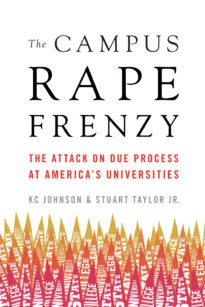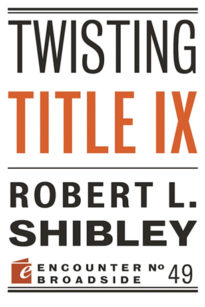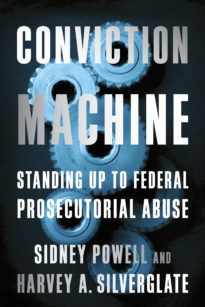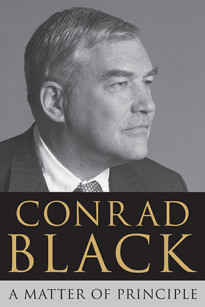I sleep in a cubicle that shares a ceiling with sixty other identical spaces, rather like partitions in an office, except that these are painted cinder block and there are no potted plants.
At 10:30 p.m., the ceiling lights placed every twenty feet or so go out. The residents turn out their cubicle lights, leaving only an overhead row of red, dimly lit panels, pierced here and there by the beam of portable reading lamps, which enable the readers among us to escape into books, letters, newspapers, snapshots, and tokens and reminders of the world beyond the gates. In the morning, daylight creeps past the condensation generated by the confrontation between the Florida heat and the fierce air conditioning of the Federal Bureau of Prisons into the outside cubicles through narrow rectangular windows grudgingly set in the concrete walls.
Here, we concern ourselves with how many postage stamps (the local currency) are needed to buy an extra notepad. We see and hear the talking heads on television in the activities room or, in my case, read in the newspapers of the steady failures or crises of great institutions: AIG, General Motors, Citigroup, the State of California, the New York Times, the Harvard University Endowment. How could this country have become so incompetent, so stupid, and why was this debacle so unforeseen? The pundits have the usual uninformed answers, not greatly more well thought out, and less entertaining, than those of some of my fellow residents. Lying in my bunk after the lights have gone out, I reflect on the ludicrous demise of my great love affair with America.
Bemused by the economic and political shambles, created largely by people I have known, I fight on from this absurdly shrunken perimeter for recovery of my liberty, reputation, and fortune. I still expect to win. My prison number, 18330-424, is stamped on my clothes and mandatory on all correspondence. I am sixty-five years old. I entered these walls a baron of the United Kingdom, Knight of the Holy See, Privy Councillor, and Officer of the Order of Canada, former publisher of some of the world’s greatest newspapers, and author of some well-received non-fiction books. In December 2007, a courteous federal district judge in Chicago sentenced me to seventy-eight months in a federal prison and imposed a financial penalty of $6.2 million. This is all winding its way through final appeals and is completely unjust, but so are many things. I was convicted of three counts of fraud and one of obstruction of justice, of all of which I am innocent. Three charges were dropped and nine led to acquittals. I have gone through but survived straitened financial circumstances, have sold two of my homes, and am responding to and initiating endless civil litigation. For the last six and a half years I have been fighting for my financial life, physical freedom, and what remains of my reputation against the most powerful organization in the world, the U.S. government.
My shrunken newspaper company, once owner of distinguished titles in Britain, Canada, Australia, and America, as well as the Jerusalem Post, was now bankrupt under the dead weight of the incompetence and corruption of my enemies, who have hugely enriched themselves under the patronage of American and Canadian courts of law and equity. I am estranged from some of my formerly professed friends, including a number of famous people, though in greater solidarity than ever with some others. Much of the press of the Western world was long agog with jubilant stories about the collapse of my standing and influence. For years I was widely reviled, defamed, and routinely referred to as “disgraced” or “shamed” and “convicted fraudster.” (This was the preferred formulation of the London Daily Telegraph, of which I was chairman for fifteen years.) In light of my lately improving fortunes most of my less rabid critics are now hedging their bets. Whatever happens, this will not be the end of my modest story. But it seems an appropriate moment to update it.
